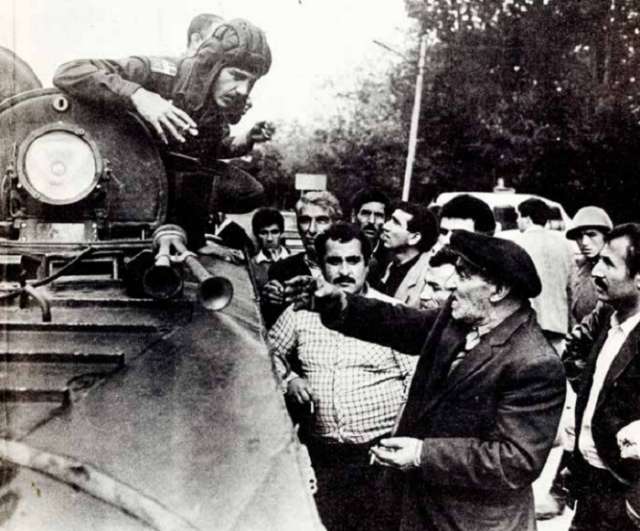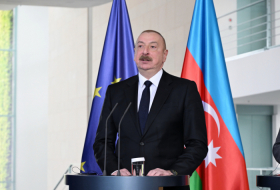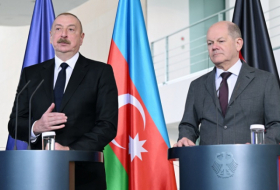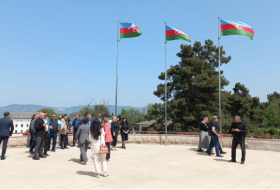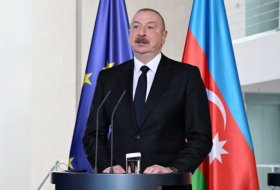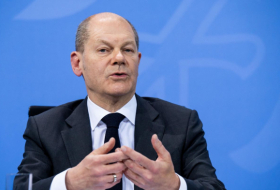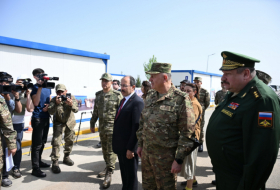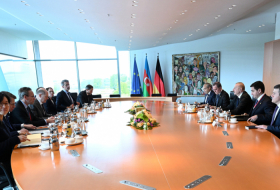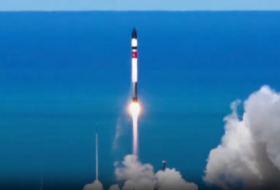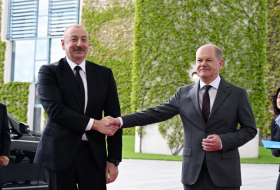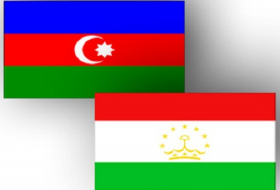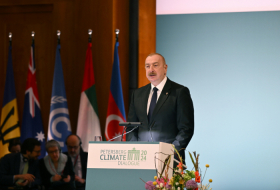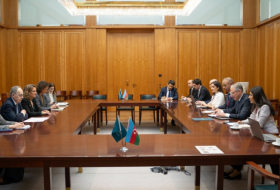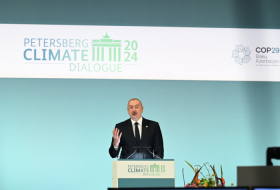The new phase of the conflict in Nagorno-Karabakh began to flare up almost after Mikhail Gorbachev came to power in the USSR leadership.
Moreover, the Kremlin was well-informed about the mood in Armenia and Nagorno-Karabakh and knew what was happening and what was being prepared there, especially since they did not hide their intentions and plans, carefully embedding radical separatist demands in the democratic rhetoric of perestroika. This is evidenced by the ideas expressed by Mikhail Gorbachev in his memoirs: “In three years (meaning the period from 1985 to 1987 – I.N.) the Central Committee received 500 letters about the situation in Nagorno-Karabakh. Perestroika set in motion large internal forces and opened chronic abscesses. National feelings and national extremism revived alongside.” Thus, Gorbachev was forced to admit that long before the bloody stage of the conflict in 1988, Moscow was aware of the complex processes that occurred around Nagorno-Karabakh associated with the growth of nationalist extremism among local Armenians. Moscow received this information primarily via special services.
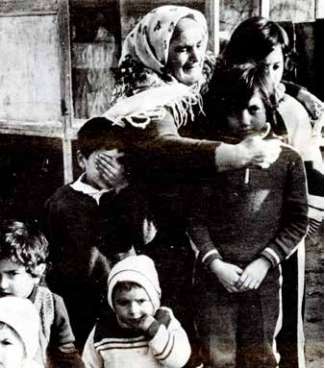
F. D. Bobkov, who was first deputy chairman of the KGB at that time, wrote about the looming conflict: “For two years we had sounded the alarm about the looming conflict between Armenia and Azerbaijan... a brigade was sent to Armenia, which confirmed that ethnic conflicts were brewing in the Transcaucasia and it was necessary to take urgent measures. The issue was brought up for discussion at the Secretariat of the Central Committee of the CPSU. However, all the conclusions and proposals of the brigade were removed from the decisions and the issue was smoothed over. Nobody wanted to openly admit the existence of conflicts on ethnic grounds and that social upheavals were brewing in some republics ... the CPSU Central Committee thwarted any attempts to reveal the truth.”
Thus, the Kremlin believed that another Armenian intrigue around the idea of transferring Nagorno Karabakh to Armenia would be choked by traditional methods of preventive influence by local party and law enforcement bodies. The party leadership of the Azerbaijan SSR was also aware of the events taking place around Nagorno-Karabakh, and long before the beginning of the last bloody phase of the conflict, they systematically notified Moscow about that. The former chairman of the State Security Committee of the Azerbaijan SSR, Vagif Huseynov, writes about this in his book, citing the words of the former chairman of the NKAR regional department of the KGB, Colonel G. Sept: “Facts about intensifying nationalistic manifestations were regularly reported to the leadership and authorities. Arrivals of emissaries from Yerevan and the activity of groups that were within sight of the service were reported. It was reported and written to superiors, and arising problems were repeatedly discussed with Kevorkov.
Muscovites watched it all through their fingers, saying we have something worse unfolding here. The Baku leadership never showed proper concern: neither in the case of the deliberate spread of the book ‘The Hearth’ by Z. Balayan, which actually became a call to ‘miatsum’ (incorporation of the region into Armenia), nor later when separatists cleverly covered themselves with slogans of greater democracy and glasnost. By February, it was all clear. Had there not been Sumgayit, it would have broken out elsewhere.” G. Sept, like many other holders of information about processes invisible to the outside view, is not talking about a broad conspiracy. But he raises the question that information about the true sentiments and aspirations in Armenia and Nagorno-Karabakh could not but flow to a single center - Moscow. Neither he nor the others felt concern by the Moscow leadership. The party authorities in Baku behaved inertly.

Mikhail Gorbachev
Meanwhile, in late 1987, an event occurred that really gave wings to the Armenian nationalists and made their actions confident. On 21 October 1987, Deputy Chairman of the USSR Council of Ministers Heydar Aliyev was removed from the Politburo. According to the memoirs of Assistant Secretary-General I. Boldin, when Aliyev was forced to retire, Mikhail Gorbachev spoke fondly of him and his work at the plenum of the Central Committee, but when the transcript was publish, he threw these words out. As determined by Thomas de Waal, the author of the book “The Black Garden”, Armenian nationalists had the most direct relation to the resignation of Heydar Aliyev. “They planned a campaign to discredit the Azerbaijani patriarch Heydar Aliyev, who, as it seemed, could become a major opponent of the idea of Karabakh’s secession and block the whole process. Karabakh activists even managed to garner the tacit support of the head of the Communist Party of Armenia, Karen Demirchyan, who, they say, was very pleased with the end of the political career of his opponent in the top party leadership of the USSR.
Remembering that, the former first secretary of the Communist Party of Armenia K. S. Demirchyan said in 1990: ‘We managed to do the most important thing - remove Aliyev before the beginning of the (Karabakh) movement. It was very important’. Undoubtedly, the presence of an Azerbaijani figure in the top political leadership of the Soviet Union, whoever he was, could have caused additional problems in the implementation of the separatists’ plan. However, we cannot assert that Aliyev’s removal was a decisive factor that gave an impetus to the new Armenian movement for Nagorno-Karabakh. Especially as such actions on their part were observed previously. Apparently, this event should be considered in conjunction with the processes that occurred in the country since 1985, namely, the new leadership of the country had no clear program of reform, no inability to predict the results of their actions and constantly moved at the tail of events.
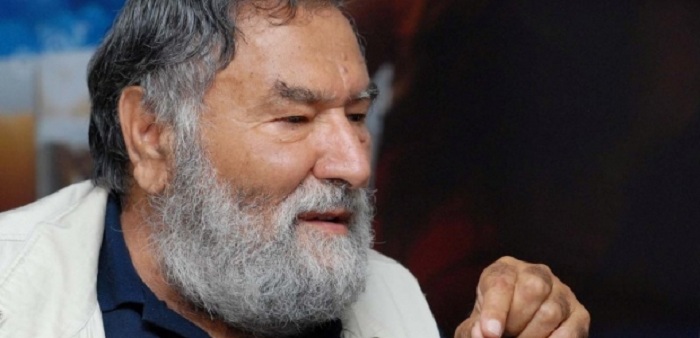
Zori Balayan
The very absence of a specific response from the upper bodies of the CPSU and the Soviet state to signals coming by different channels provoked the Armenian side to more persistent, energetic territorial claims. According to some reports, in 1987 in Nagorno-Karabakh, 75,000 signatures were collected for a petition to transfer the autonomy to Armenia. Influential Armenians actively lobbied the Karabakh issue abroad. In interviews with Armenian diaspora newspapers in the United States, historian Sergey Mikoyan, son of the old party functionary Anastas Mikoyan, and writer and journalist Zori Balayan openly promoted the idea of annexing Nagorno Karabakh. And in November 1987, Abel Aganbegyan, one of the leading economic advisers to Gorbachev, raised his Karabakh voice.
On 16 November, Aganbegyan met with a group of French Armenians in the Hotel Intercontinental in Paris and offered them his own vision of the problem: “I would be glad if Nagorno-Karabakh was returned to Armenia. As an economist, I believe that they have much closer ties with Armenia than with Azerbaijan. I have already made such a proposal, and I hope that these ideas will be implemented in the spirit of democracy and perestroika”. Aganbegyan’s views were set out in the newspaper of the French communists L’Humanite, which was also distributed in the Soviet Union. It was from these revelations of the academician that Azerbaijanis first learned about the ongoing Armenian campaign against them. Gorbachev did not deny his adviser’s words directly or indirectly. Therefore, the Armenians believe that such a bold statement by the economic advisor to the general-secretary of the party was no accident and had probably been agreed with him. Aganbegyan’s statement instantly became a central theme for Armenian foreign newspapers and magazines, Radio AYP in Paris, as well as the Armenian services of Radio Liberty, Voice of America and others. Many organizations of the Armenian diaspora abroad became more active (8). Thus, the marked Karabakh card came into play.

Ilgar Niftaliyev, PhD in History, is from the Institute of History of the Azerbaijan National Academy of Sciences
/irs/az/
Click here to read Part 1.
More about:








